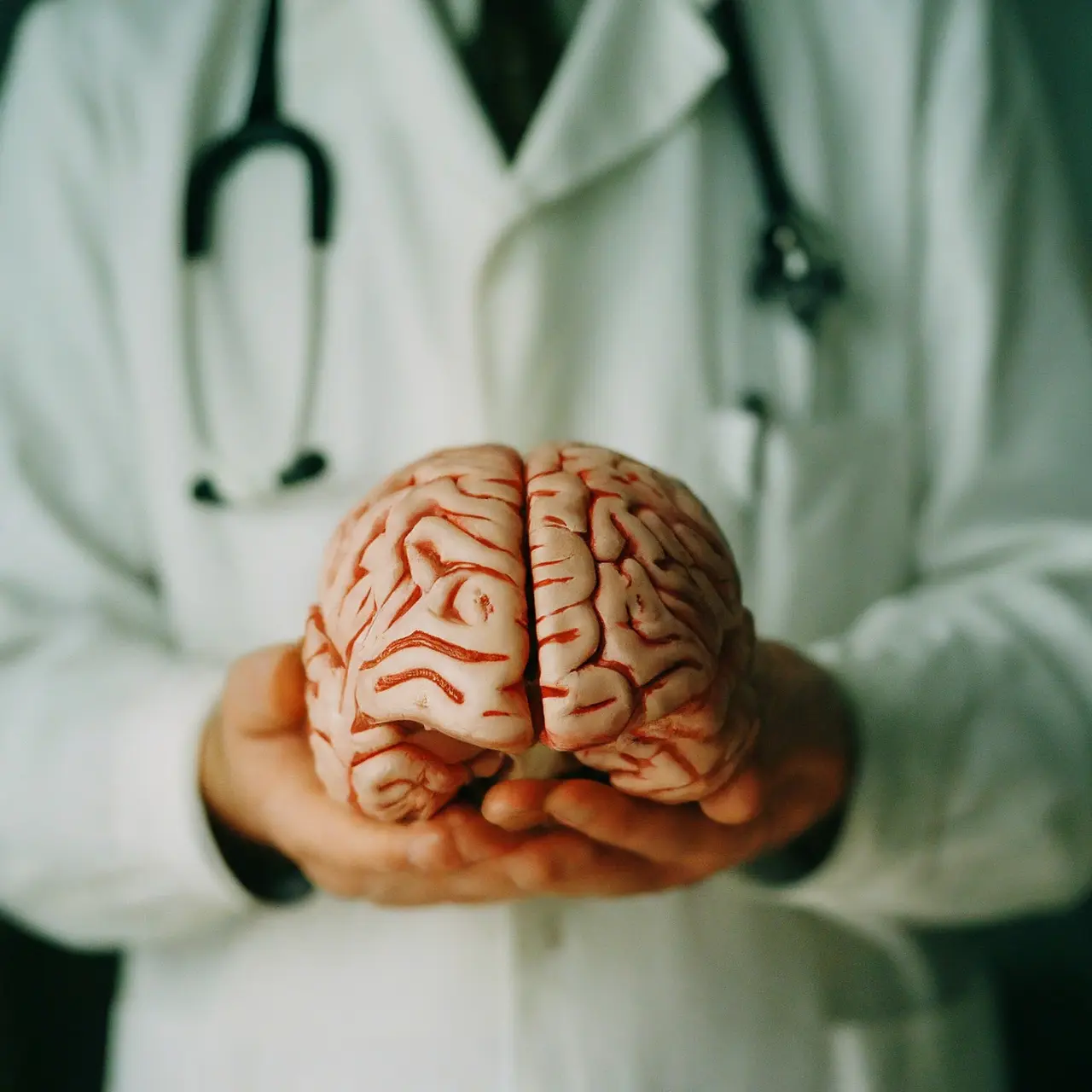In the intricate tapestry of the mind, memory plays a pivotal role. Unraveling the threads of memory disorders can be daunting, but understanding the various treatments available is the first step towards reclaiming the essence of one’s narrative.
Understanding Memory Disorders
At the heart of every action, emotion, and piece of knowledge, memory lies as a foundational element of the human experience. Memory disorders disrupt this essential function, leading to significant challenges in daily life. These conditions vary widely, from Alzheimer’s disease and dementia to amnesia and cognitive impairments resulting from brain injuries. Recognizing the signs and symptoms of memory disorders is crucial for early intervention and management.
Medications and Supplements
The pharmacological landscape for treating memory disorders is continuously evolving. Medications such as cholinesterase inhibitors and memantine have shown promise in slowing the progression of symptoms in Alzheimer’s disease. Meanwhile, supplements like vitamin E, omega-3 fatty acids, and ginkgo biloba are explored for their potential to enhance cognitive function. However, it’s imperative to approach these treatments under the guidance of a medical professional, as effectiveness varies by individual and condition.
Furthermore, ongoing research into neurodegenerative diseases offers hope for future drug developments that could more effectively target the underlying causes of memory disorders. This dynamic field underscores the importance of personalized medical advice in selecting the most appropriate treatment strategy.
Cognitive Therapies
Cognitive therapies represent a cornerstone in memory disorder treatment, focusing on enhancing mental function through targeted exercises and activities. Cognitive-behavioral therapy (CBT), for instance, helps individuals manage symptoms of depression and anxiety that often accompany memory disorders. Memory training programs and cognitive rehabilitation exercises aim to improve specific areas of cognitive function, offering tools and strategies to compensate for memory loss.
The success of cognitive therapies often hinges on early intervention and the individual’s engagement with the therapeutic process. Tailored to address specific challenges, these therapies can be adapted over time to align with evolving needs, providing a flexible and person-centered approach to treatment.
Lifestyle Changes and Preventative Measures
A holistic approach to memory disorder treatment also encompasses lifestyle modifications aimed at enhancing overall brain health. Physical exercise, a balanced diet rich in antioxidants, and mental stimulation through puzzles and new learning experiences contribute to cognitive resilience. Additionally, managing risk factors such as hypertension, diabetes, and high cholesterol can play a significant role in preventing or delaying the onset of memory disorders. Social engagement and maintaining a supportive network of friends and family further serve to bolster emotional well-being and cognitive function.
Supportive Technologies and Rehabilitation
In an era where technology increasingly touches every aspect of life, supportive technologies offer innovative solutions to assist individuals with memory disorders. Assistive devices such as electronic organizers, memory aids, and GPS tracking devices can help manage daily tasks and maintain independence. Rehabilitation efforts, including occupational therapy, focus on developing strategies to cope with memory loss, enhancing the person’s ability to perform everyday activities, and improving their quality of life.
Rehabilitation services are often delivered through multidisciplinary teams, ensuring comprehensive care that addresses the physical, cognitive, and emotional dimensions of memory disorders. By integrating supportive technologies and rehabilitation, individuals can harness the power of innovation to navigate the complexities of memory impairment.
Embarking on a journey to manage a memory disorder can be challenging, yet hope illuminates this path through a combination of innovative treatments and therapies. By exploring the spectrum of memory disorder treatment options, individuals can navigate their course towards improved memory function and quality of life.


